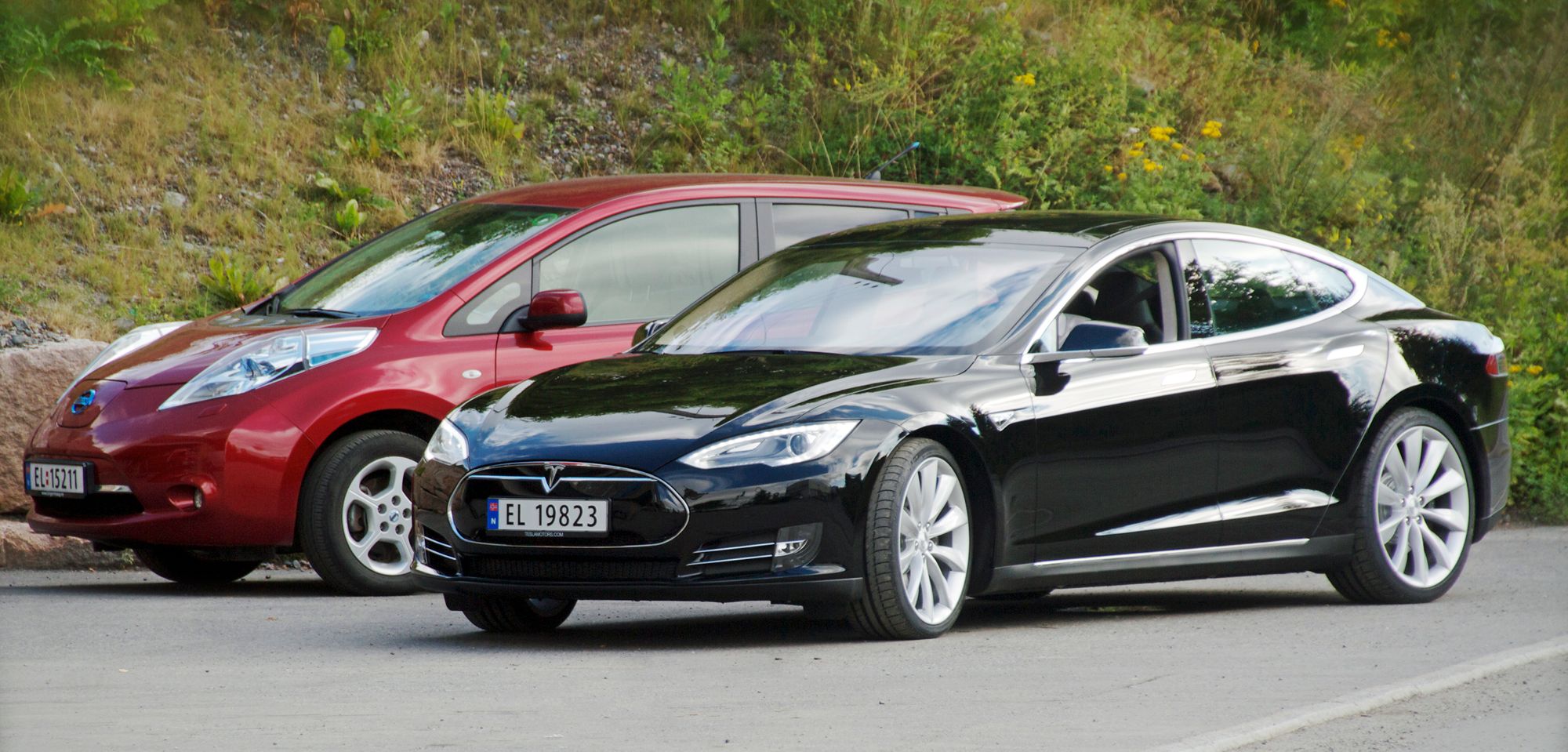Best Electric Vehicle manufacturers in the world
Lately, there is a lot of talk about the electric vehicle market in the auto industry There’s a lot of talk about the electric vehicle market and for a good reason.


Lately there is a lot of talk about electric vehicle market in the auto industry There’s a lot of talk about the electric vehicle market and for a good reason. Electric cars are better than gas cars because they are energy efficient so consumers can reduce their carbon footprint and make a positive impact on the environment. In fact, in October 2018 the one millionth customer delivery of an electric car occurred in the United States, a milestone that many expected to take much longer.
However, the main question is if are EVs available in showrooms. There are currently about forty different electric vehicles available, from about twenty different electric car manufacturers. These include BEV’s (battery electric vehicle) which are 100% electric, and PHEV’s (Plug-in electric hybrid vehicles) which have a battery and an electric motor, but also have an internal combustion engine. PHEVs drive on electric sometimes, and gasoline or diesel once the battery is depleted.
The question of who makes the best electric cars comes up often, and there’s really no simple answer to that question. As with gasoline cars, consumers looking for the right electric vehicle have different driving needs and desires, and the best electric car for you may not be the best electric car for someone else.
Here are some of the best electric car manufactures:
1. Renault-Nissan (Jan-March: 26,248)
Signed on March 27, 1999, the Renault-Nissan Alliance has seen both companies, which combined, represents the world’s largest car maker, excel at producing electric vehicles. The French-Japanese business has also joined forces with China’s Dongfeng Motor Group to form eGT New Energy Automotive, a 50:50 joint venture. The Nissan Leaf has two battery options of 24kWh and 30kWh that have ranges of 199km and 249km. Renault’s Zoe was named ‘Best used green car’ by What Car? in 2018 and has a range of up to 402km per full charge and a real-world range somewhat of 297km, depending upon temperature and climate control use.
2. Tesla (20,142)
The Californian company's Model S was the world's best-selling plug-in electric car in 2015 and 2016 and its owner Elon Musk was proud to announce that Tesla topped Consumer Reports' Annual Owner Satisfaction Survey at 91%. Tesla’s recent Model 3 boasts a range of 310 miles and a top speed of 140mph. The founders were influenced to start the company after GM recalled and destroyed its EV1 electric cars in 2003.
3. BAIC (Jan-March: 10,903)
BAIC Group is a Chinese state-owned enterprise and holding company of several automobile and machine manufacturers located in Beijing. BAIC has four EV vehicles. The E150 EV is powered by an electric engine with an output of 61hp and a 25.6kWh lithium-ion battery. It has a top speed of 125kmph, a range of 150km, and charging on 220V takes eight hours.
4. Zotye (Jan-March: 6,638)
Launched at the 2015 Shanghai Auto Show, the Chinese-produced E30 EV has a central console reportedly inspired by the Tesla Model S. The electric drive is built around a 17.6kWh battery and an electric motor that provides up to 18kW of power and 83NM of torque. Zotye claim that the E30 has a top speed exceeding 80km/h and a driving range of 150km. Zotye also produces the E20 EV.
5. ZD (Jan-March: 5,824)
Zhidou’s all-electric vehicle (Zhidou) has a range of 160km, with a top speed of 80kmph and a 0-45km of eight seconds. Zhidou Electrical Vehicle Sales is a Chinese manufacturer co-funded by Geely Holding Group, XDY and GSR Capital. The company claims to have produced the world’s first urban micro. 2015 saw the company awarded top spot in the ‘top 10 green brands awards’.
6. BMW (Jan-March: 3,662)
The German car manufacturer describes its BMW i range , featuring the BMW i3, BMW i3s, BMW i8 Coupe and BMW i8 Roadster, as ‘the re-invention of sustainable mobility’. An all-electric BMW i3 will take you up to 201km on a single charge, or even 312km when using ‘range extender’.
7. Chevrolet (Jan-March: 3,432)
The Chevrolet Bolt or Chevrolet Bolt EV is a front-engine, five-door all-electric sub-compact hatchback marketed by the American manufacturer, developed and manufactured in partnership with LG Corporation. A rebadged European variant is sold as the Opel Ampera-e. The Bolt has an EPA all-electric range of 383km.
8. Hyundai (Jan-March: 2,569)
Hyundai’s all-electric Ioniq Electric features a 28 kWh lithium-ion polymer battery (LiPo) that delivers an EPA-rated all-electric range of 200km. At the 2016 LA Auto Show, the South Korean car manufacturer announced plans to extend the electric range of the Ioniq EV to more than 200 miles by 2018.
9. Geely (Jan-March: 1,903)
China-based Geely first unveiled its Emgrand EV on 18 November 2015 and it has since gone on limited sale in China to fleet buyers in certain larger cities such as Beijing. The Emgrand EV is capable of traveling 253km on a single charge and when using rapid speed charging it can be charged to 80% capacity in just 30 minutes – on a slow charge it will reach full capacity in 14 hours.
10. JAC (Jan-March: 1,627 units sold)
The Chinese JAC J3 EV all-electric car was launched in 2010 with a range of 130km. The J3 EV went on to become the highest selling pure battery vehicle in China. Volkswagen China’s Chief Executive said the company was preparing to produce EVs in China next year, together with Anhui Jianghuai Automobile (JAC Motors), one of VW’s joint venture partners in the country; and for good reason. Last year, China bought more EVs than anywhere else (300,000).
Source: Energy digital




